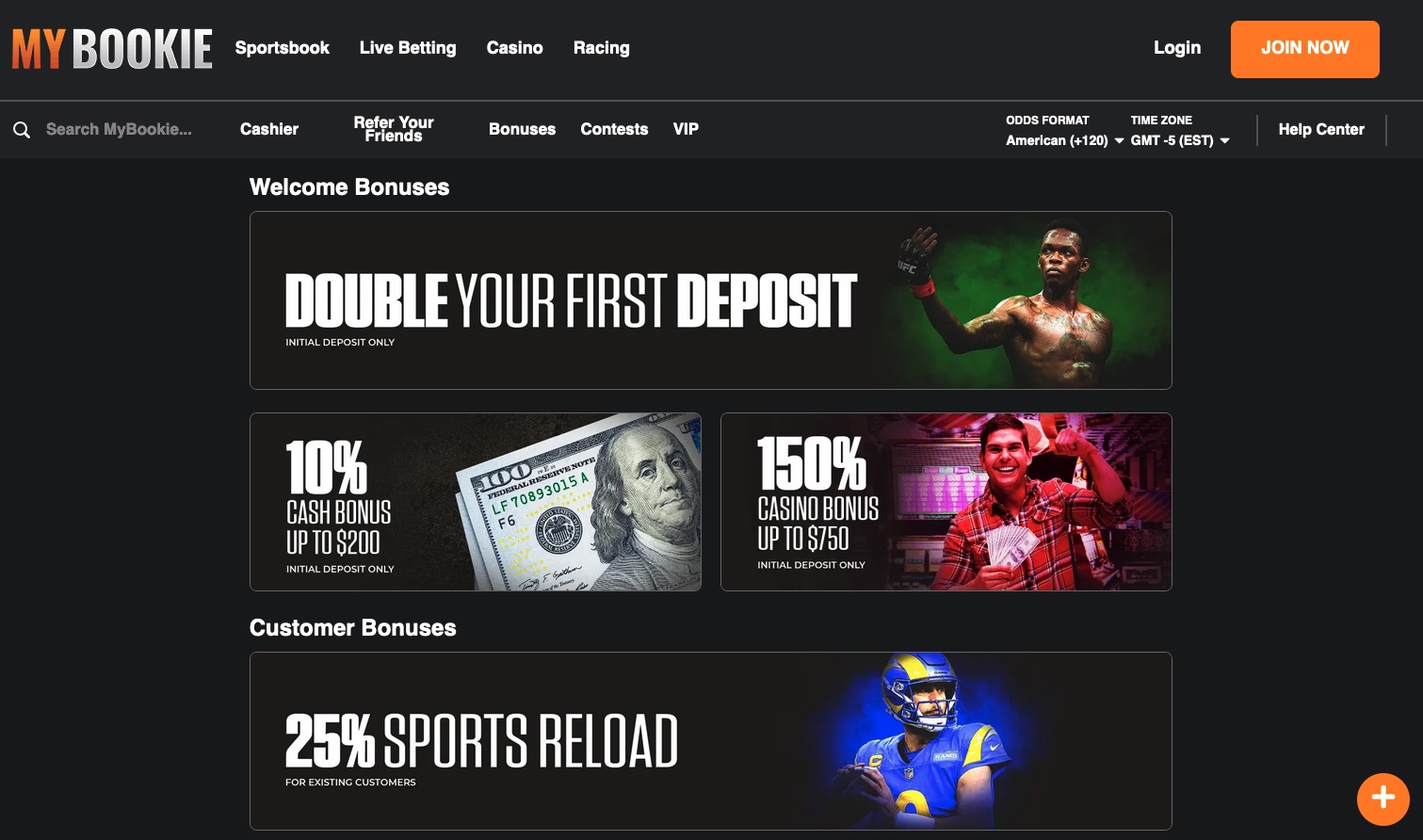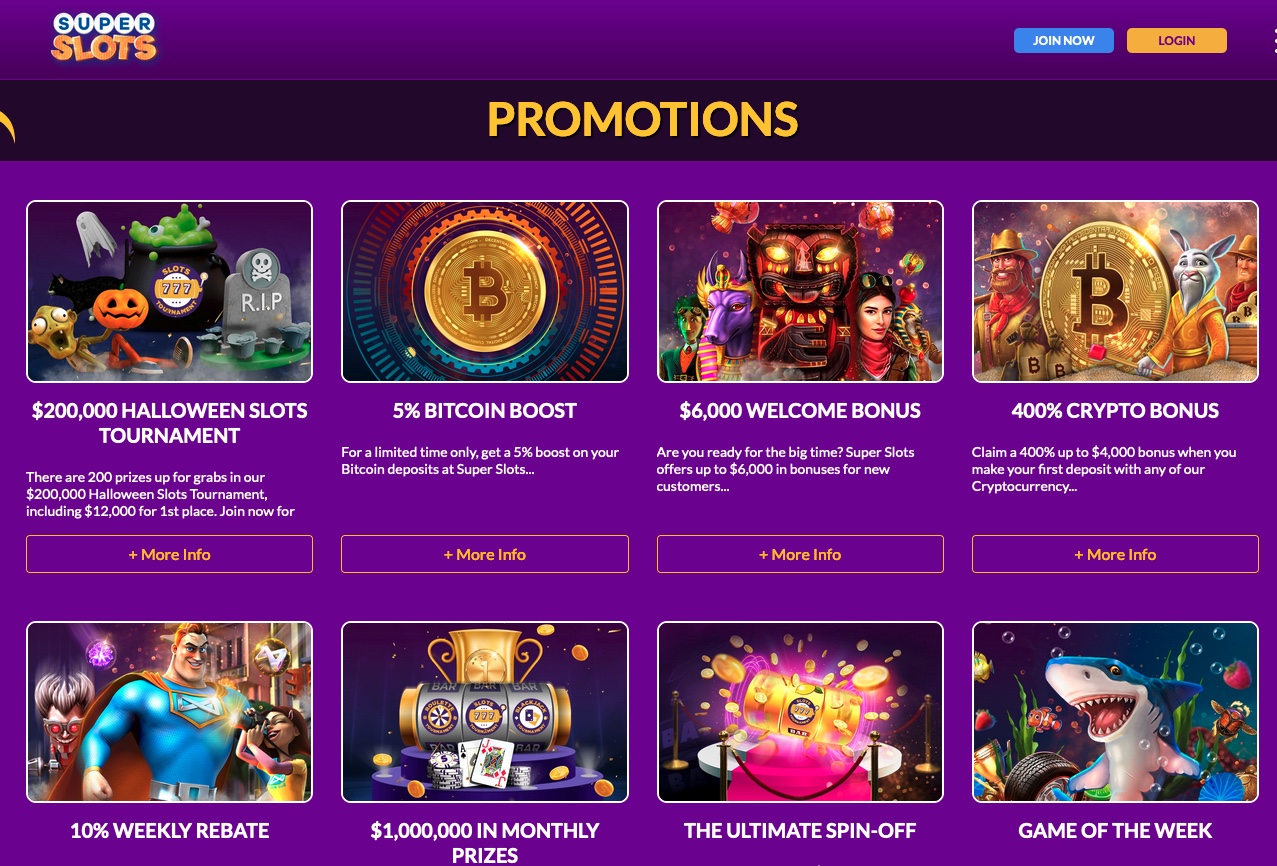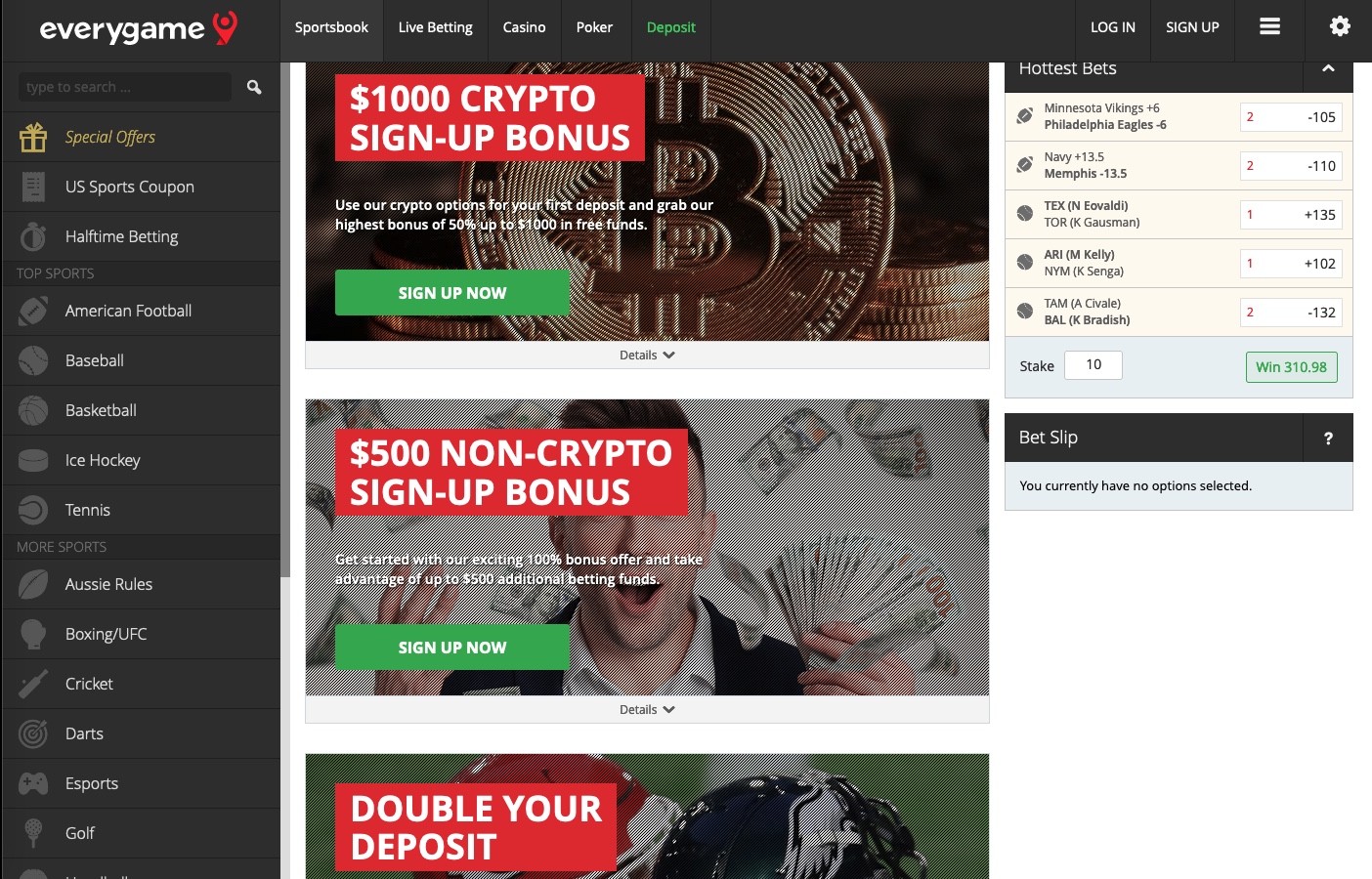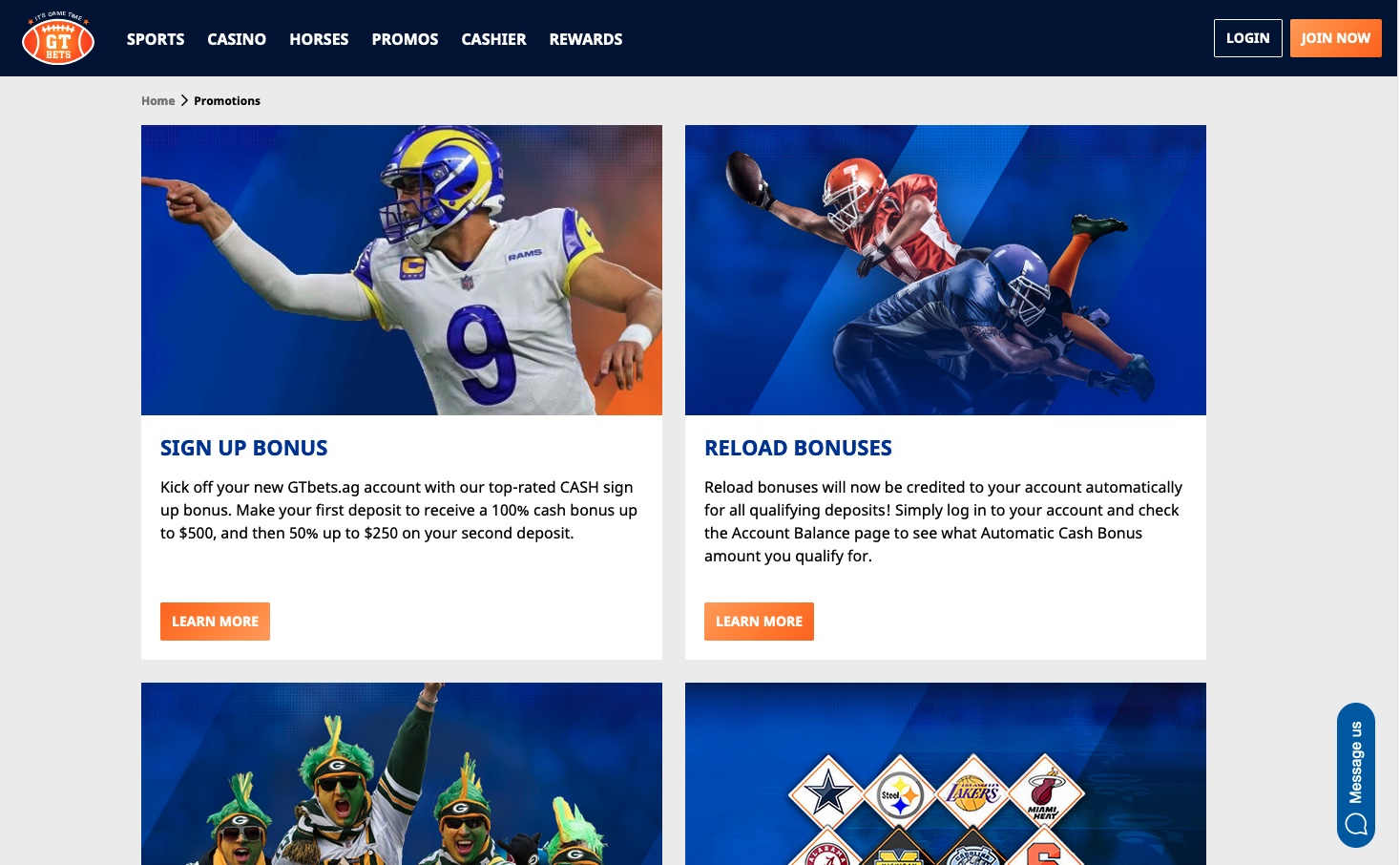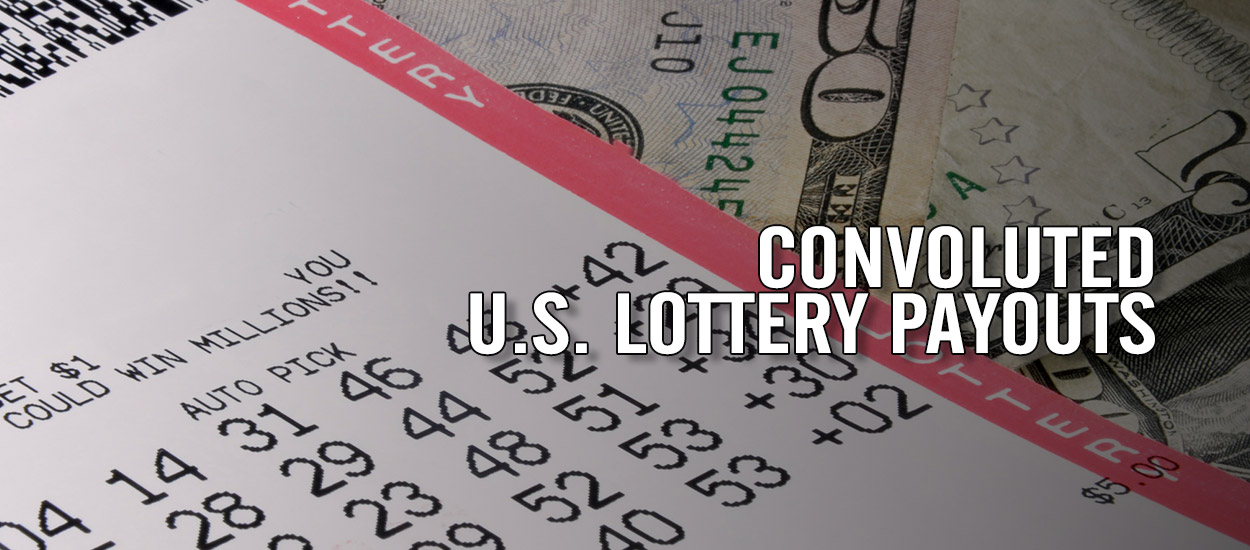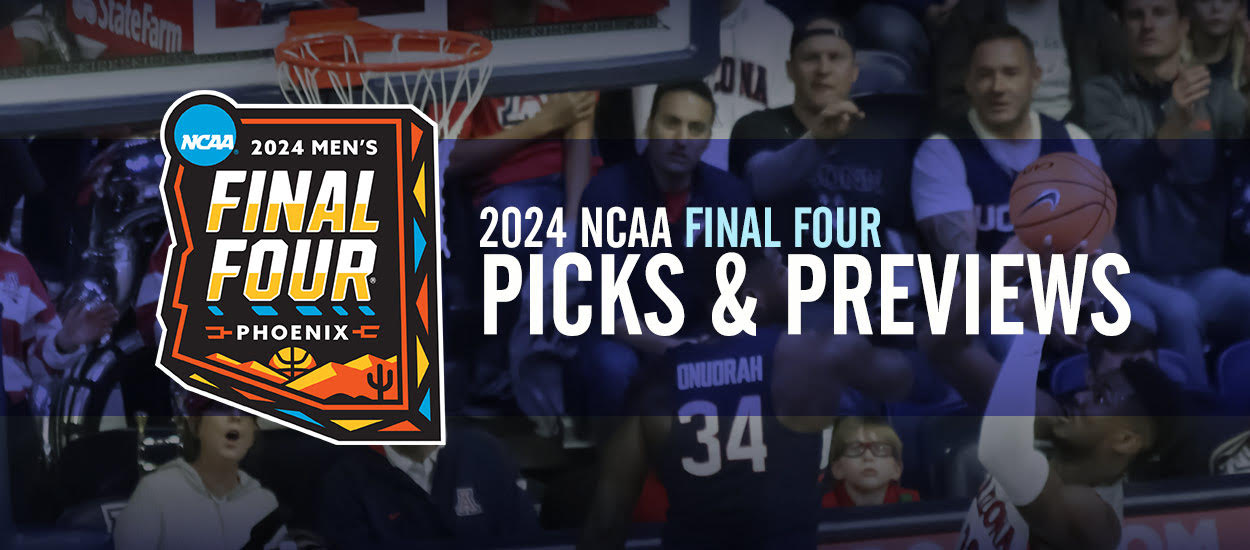To say online poker has been a dud in the United States so far would be an understatement. Three states currently offer legal online poker; Nevada, New Jersey and Delaware. Some analysts were predicting revenues in the hundreds of millions in the first year for New Jersey alone, but revenues have been so low and interest so limited that the first online poker company to operate in New Jersey, Ultimate Poker closed shop within the first year of operation. The 2 companies that continued to offer online poker in New Jersey, WSOP (Harrah's) and Borgata have done ok but nothing to write home about.
In December, Borgata reported a little over $1.1 million in revenue, while WSOP had just over $874,000. And since the launch, Borgata has recorded just over $30 million in revenue and WSOP just over $25 million. In Nevada, poker is netting about $700,000 per month and Delaware is getting less than $25,000 per month. In fact in an effort to increase revenue, WSOP in Nevada and Delaware entered into a liquidity sharing program earlier in 2015 hoping that a combined pool would boost interest. What's probably more concerning to the casinos, however, is the ineffectiveness of the companies to sign up new customers. Borgata still gets a peak of 300 cash players, which really hasn't changed, and WSOP peaks at about 400 players in both New Jersey and in the combined Delaware/Nevada pool.
So the thought of another state entering the online poker market hardly gives reason for anyone to cheer, but this time it may be different.
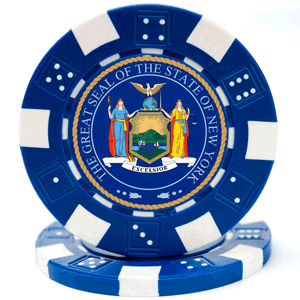 New York Assemblyman Gary Pretlow, chairman of the Assembly Committee on Racing and Wagering in the state has reissued bill A9049 and a companion Senate bill is on the table as well. This is the third time the bill has been introduced and many claim it has no chance of succeeding once again, but others believe there is some reason for optimism this time around. New York legislators really haven't differentiated between online casinos and online poker and have focused on brick and mortar casinos for the last few years, particularly in the Catskills, Albany and the northern part of Finger Lakes. It has been and a stumbling block for Pretlow to get any interest in his past online gambling bills but the fate of three brick and mortar casinos has now been decided, providing more time for the legislators to look at online poker and the possible benefits of Pretlow's bill. As well, there is belief that Pennsylvania is prepared to offer online gambling very shortly and there's no doubt that many politicians and lobbyists will be concerned that if New York doesn't act soon they'll be the lone wolf in the area that hasn't considered the benefits of online gambling revenue and consequently they could miss out big time. As such there is a belief that several legislators will want to expedite hearings to look more closely at the potential benefits of online gambling and this bill could be that avenue to do so. And most importantly Eric Schneiderman's bill to block daily fantasy sports in the state will be decided on by the courts in short time and there is a belief that if the courts do not side with Schneiderman and rule that DFS is a game of skill then New York will likely try to regulate and tax DFS instead. In that case, this bill would provide a great opportunity to lump in poker with DFS as games of skill and provide important regulations that could apply to both and maximize revenue for the state.
New York Assemblyman Gary Pretlow, chairman of the Assembly Committee on Racing and Wagering in the state has reissued bill A9049 and a companion Senate bill is on the table as well. This is the third time the bill has been introduced and many claim it has no chance of succeeding once again, but others believe there is some reason for optimism this time around. New York legislators really haven't differentiated between online casinos and online poker and have focused on brick and mortar casinos for the last few years, particularly in the Catskills, Albany and the northern part of Finger Lakes. It has been and a stumbling block for Pretlow to get any interest in his past online gambling bills but the fate of three brick and mortar casinos has now been decided, providing more time for the legislators to look at online poker and the possible benefits of Pretlow's bill. As well, there is belief that Pennsylvania is prepared to offer online gambling very shortly and there's no doubt that many politicians and lobbyists will be concerned that if New York doesn't act soon they'll be the lone wolf in the area that hasn't considered the benefits of online gambling revenue and consequently they could miss out big time. As such there is a belief that several legislators will want to expedite hearings to look more closely at the potential benefits of online gambling and this bill could be that avenue to do so. And most importantly Eric Schneiderman's bill to block daily fantasy sports in the state will be decided on by the courts in short time and there is a belief that if the courts do not side with Schneiderman and rule that DFS is a game of skill then New York will likely try to regulate and tax DFS instead. In that case, this bill would provide a great opportunity to lump in poker with DFS as games of skill and provide important regulations that could apply to both and maximize revenue for the state.
The question one has to ask of course is why would legalization of online poker in New York make any difference when it's been anything but successful in the other 3 states? The answer is the number of potential New Yorkers who will be playing.
The population of New Jersey is around 9 million, the population of Nevada is just under 3 million, but the population of New York State is almost 20 million, with 8.5 million of that in the Big Apple itself. More importantly as part of the bill Pretlow mentioned he would be looking at a liquidity and game sharing agreement with other states, similar to what's happening between Delaware and Nevada. That alone could make online poker far more appealing and convince disinterested poker players who are sitting on the sidelines or playing offshore to give legal stateside poker a chance. At least a dozen states are considering online poker with the largest being California, Colorado, Illinois, Massachusetts, Pennsylvania and Florida and their populations along with New York, New Jersey, Nevada and Delaware would yield a population base of about 130 million people. When all states that have expressed interest are included the population is over 140 million. Obviously only a fraction would be interested in poker and only those over the age of 21 would qualify, but even if the states together could yield 25,000 potential players in total (and it would undoubtedly be higher than that) then that would create a large and exciting network.
Even after leaving the United States, PokerStars continues to thrive in the rest of the world and according to PokerScout.com they peak at about 28,000 cash players and average about 17,000. And other networks like Bodog, iPoker and Party Poker do very well with just over 1,000 players on average. The key to a successful internet poker site as any online poker player will tell you is that the tables are full, the rakes or buy-ins are appealing to both high stake and low stakes players, tables are available 24/7 and that tournaments and satellites for large tournaments are abundant. With the current customer base in New Jersey or Nevada those criteria just aren't possible to achieve right now, but with the large expanded market it becomes very achievable. As one poker player from New Jersey told me, not only are the online tables virtually empty in New Jersey but the ones that are full are at the low buy-ins which he's just not interested.
"I find it funny when I log in and there's a waiting list for a $5 buy in tournament but there is no one at the high stakes tables. It reminds me of Atlantic City casinos where there are line ups for the penny and nickel slot machines while virtually no one is at the vast number of dollar machines. I always wonder what the point of even having those dollar machines is for anymore. But if we had a nationwide network like I used to see and love at PokerStars where $2 and $100 tables were full, man that would be awesome."
Another difference with Pretlow's bill this time is he removed the bad actor clause. It's believed that clause was put in there in the past to dissuade PokerStars at the bequest of the large casino companies but they now realize that having PokerStars actually helps everyone because they bring some interest from past online players and the benefits expand to all companies.
It's uncertain if and when Pretlow's online poker bill will be introduced but Pretlow realizes he has a lot of work ahead of him, including convincing legislators that online poker will not cannibalize current brick and mortar casinos or state lotteries, that online poker can be regulated to ensure that minors and problem gamblers are excluded and that the government will get enough revenue from the introduction of online poker that it's worth their while. And Pretlow has to convince the casino companies that it will be worth their while considering the poor results for online poker so far. That part should actually be the easiest. Pretlow is looking to license up to 10 companies with each providing $10 million for a 10 year license and a tax on gross revenues of 15%.
OSGA will keep readers informed of the progress of bill A9049 and efforts to legalize and regulate online poker in New York.
Read insights from Hartley Henderson every week here at OSGA and check out Hartley's RUMOR MILL!













